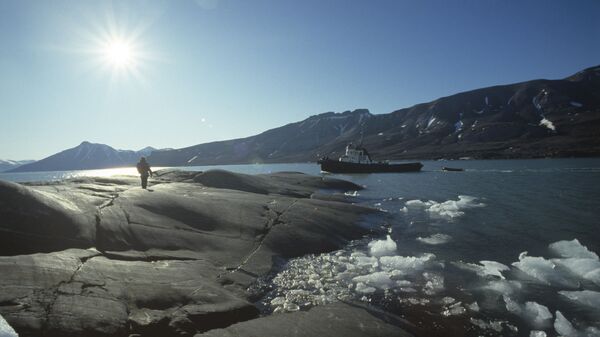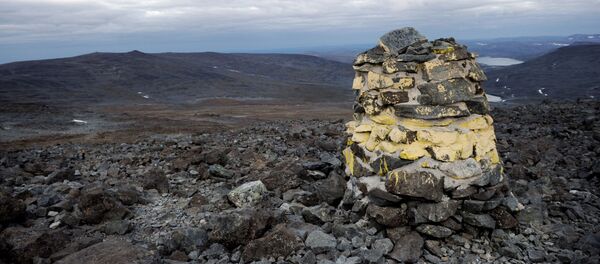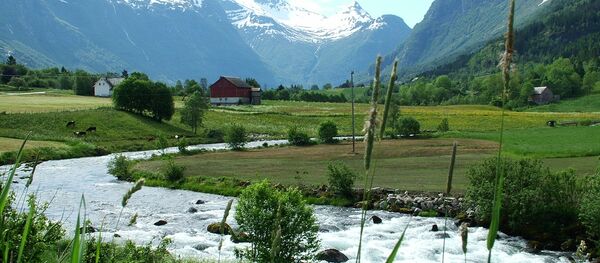"We have charted a lot of copper on the seabed between Jan Mayen and Svalbard. Perhaps in 20 years commercial mining may start in this area at a depth of 2,300-3,000 meters," Martin Ludvigsen, a professor at the Department of Marine Engineering at the Norwegian University of Science and Technology (NTNU) and expedition leader told the Norwegian national broadcaster NRK. "We have also found lesser deposits of gold and silver, but it is copper that is most valuable," Ludvigsen said.
Prior to the expedition on board the research vessel Polar King, which relied on underwater robots and was lauded as a major success, Martin Ludvigsen wrote an article in Norwegian economic newspaper Dagens Næringsliv, together with his colleagues at NTNU, Kurt Aasly and Steinar Løve Ellefmo.
Forskere skal på gulltokt på havbunnen mellom Jan Mayen og Svalbard. https://t.co/szzPeleRb1 pic.twitter.com/CcnG39B0sr
— NRK (@NRKno) August 18, 2016
"Through crises come changes. Norway should take this opportunity to clarify the industrial potential of mineral extraction on the seabed. The first step in a national Norwegian campaign would be to step up efforts to collect data on the quantity and quality of resources. Moreover, efforts to develop the relevant technologies must be intensified, while administrative aspects must be clarified. Simultaneously, focus should be placed on sustainability and environmental issues," the researchers wrote in their opinion piece.
According to Professor Martin Ludvigsen, further research must be conducted before the unearthed mineral deposits on in the North Atlantic can be exploited.
The environmental organization Greenpeace has already expressed criticism over plans for deep-sea mining.
"Naturally, we believe it is important to chart the deep waters. But then it becomes more important to look for exciting things that you do not know anything about and that need protection, than to search for minerals that may be utilized with considerable environmental damage," Truls Gulowsen of Greenpeace Norway told NRK.
Back at Kronebreen to collect data from our 11 time-lapse cameras. What a beautiful day to fly! #Svalbard pic.twitter.com/wBxtnXGgvF
— Penny How (@PenelopeRHow) September 12, 2016
Jan Mayen is a partly glacier-covered volcanic island in the Arctic Ocean and a part of Norway, lying 600 kilometers northeast of Iceland, 500 kilometers east of central Greenland and 1,000 kilometers west of the North Cape, Norway.






